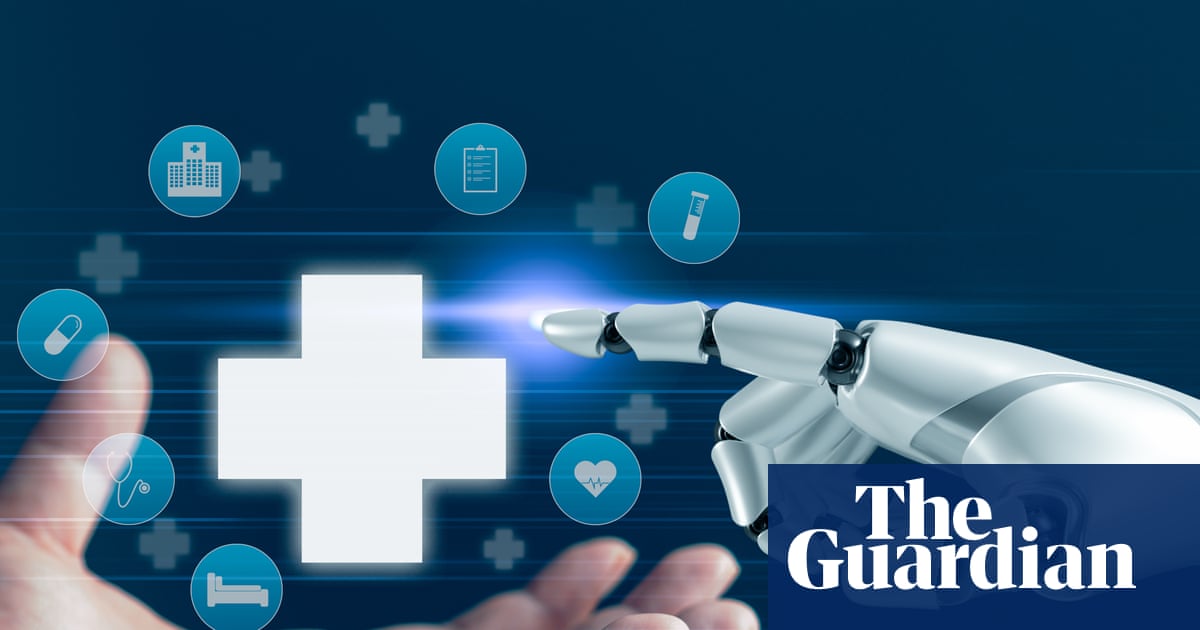Eric Reinhart’s essay raises thoughtful concerns about the risks of generative artificial intelligence (genAI) in healthcare (What we lose when we surrender care to algorithms, 9 November). I appreciate that my perspective was included, and I stand by my belief that “AI will be as common in healthcare as the stethoscope”.
Reinhart rightly points out that there are serious risks in deploying new technologies in our profit-driven, time-constrained healthcare system. But to judge the risks of genAI accurately, we need to first acknowledge the unnecessary errors and deaths that occur today. And then we must ask whether this technology will make those problems worse or make medical care safer.
In the United States, 400,000 people die each year from misdiagnoses. Another 250,000 die from preventable medical errors. People with chronic diseases (lifelong conditions that affect them daily) are often seen only once every four to six months, with no evaluation or treatment modifications in between. Over time, blood pressure remains elevated, blood sugar levels stay uncontrolled and chronic heart failure worsens. The result: hundreds of thousands of avoidable heart attacks, strokes, cancers and kidney failures each year.
GenAI can help. Patients can receive timely, reliable guidance, while physicians can be alerted to early warning signs and adjust medications before irreversible harm happens. Likewise, individuals with mental health conditions can access support at night when anxiety or depression worsens and the only option is the emergency room.
Instead of replacing physicians, genAI can fill the gaps when clinicians are unavailable. Rather than framing the future as either/or (ie clinicians or AI) it should be both/and. The combination of dedicated clinicians, empowered patients and genAI will lead to safer, higher-quality and more accessible care than any of the three can achieve alone.
Reinhart’s essay raises important questions, and we should keep discussing them. But rejecting genAI won’t protect patients. It will harm them by allowing today’s problems to become worse.
Dr Robert Pearl
Los Gatos, California

